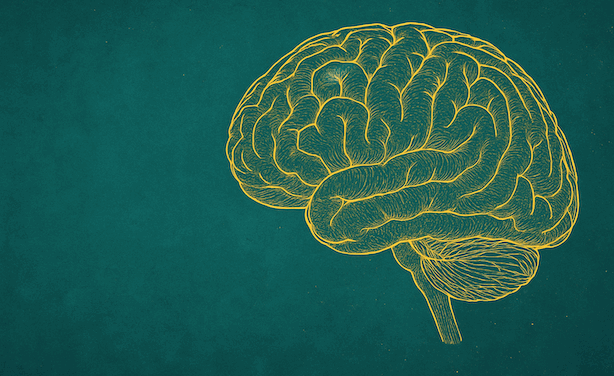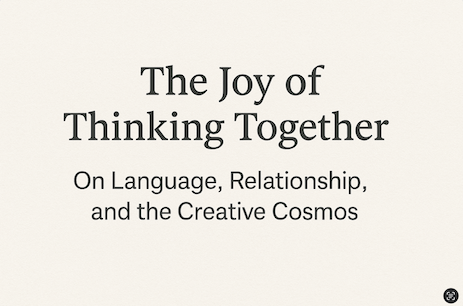The Documentary That Raises Questions It Cannot See: What ‘Secrets of the Brain’ Might Reveal About How We Think About Thinking
The BBC’s Secrets of the Brain tells us human intelligence is evolution’s crown jewel. But what if that’s the problem? This essay explores two deep errors in the story we tell about minds—and asks what kind of intelligence we need now, at the edge of collapse.
Read More





